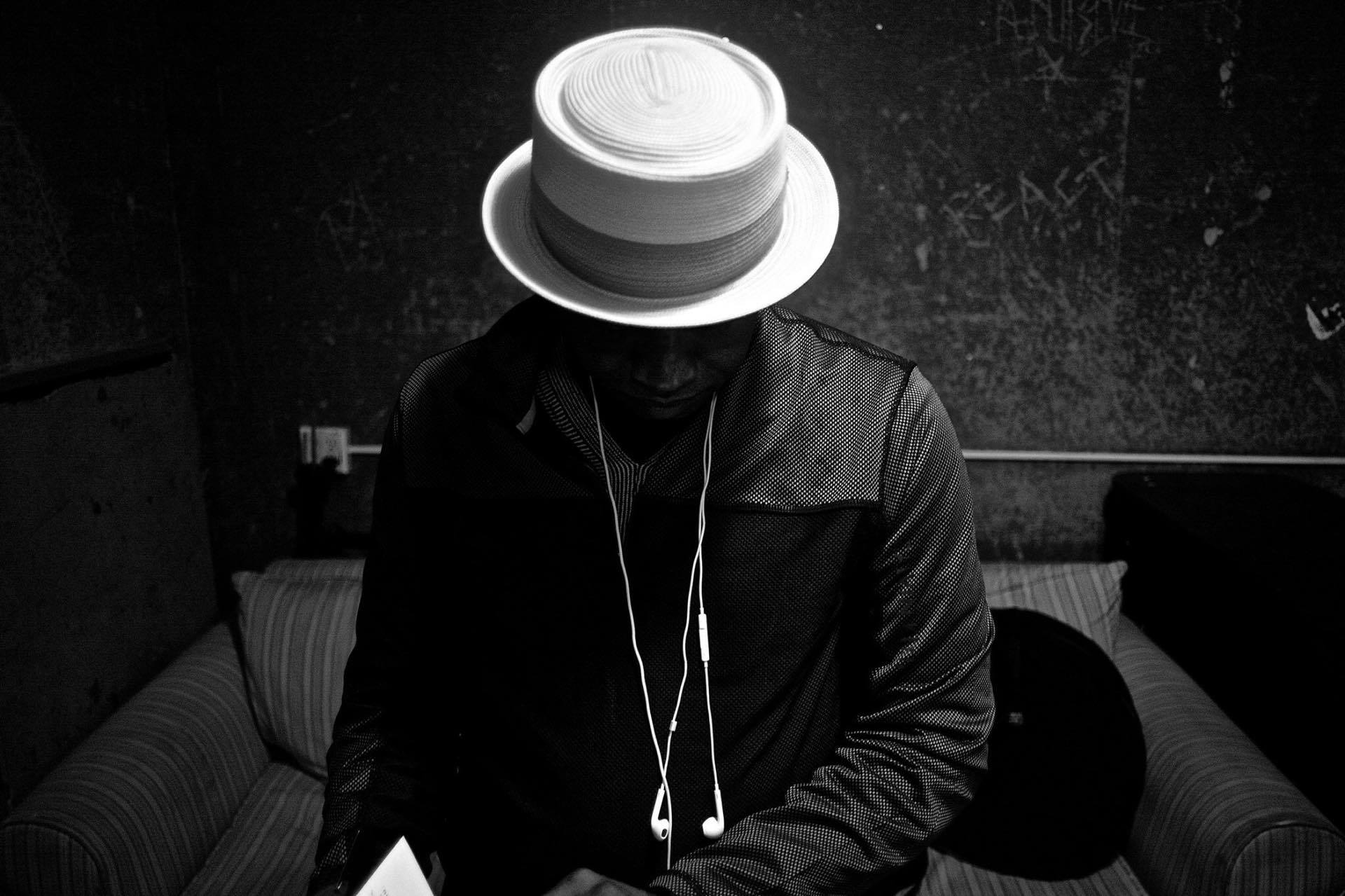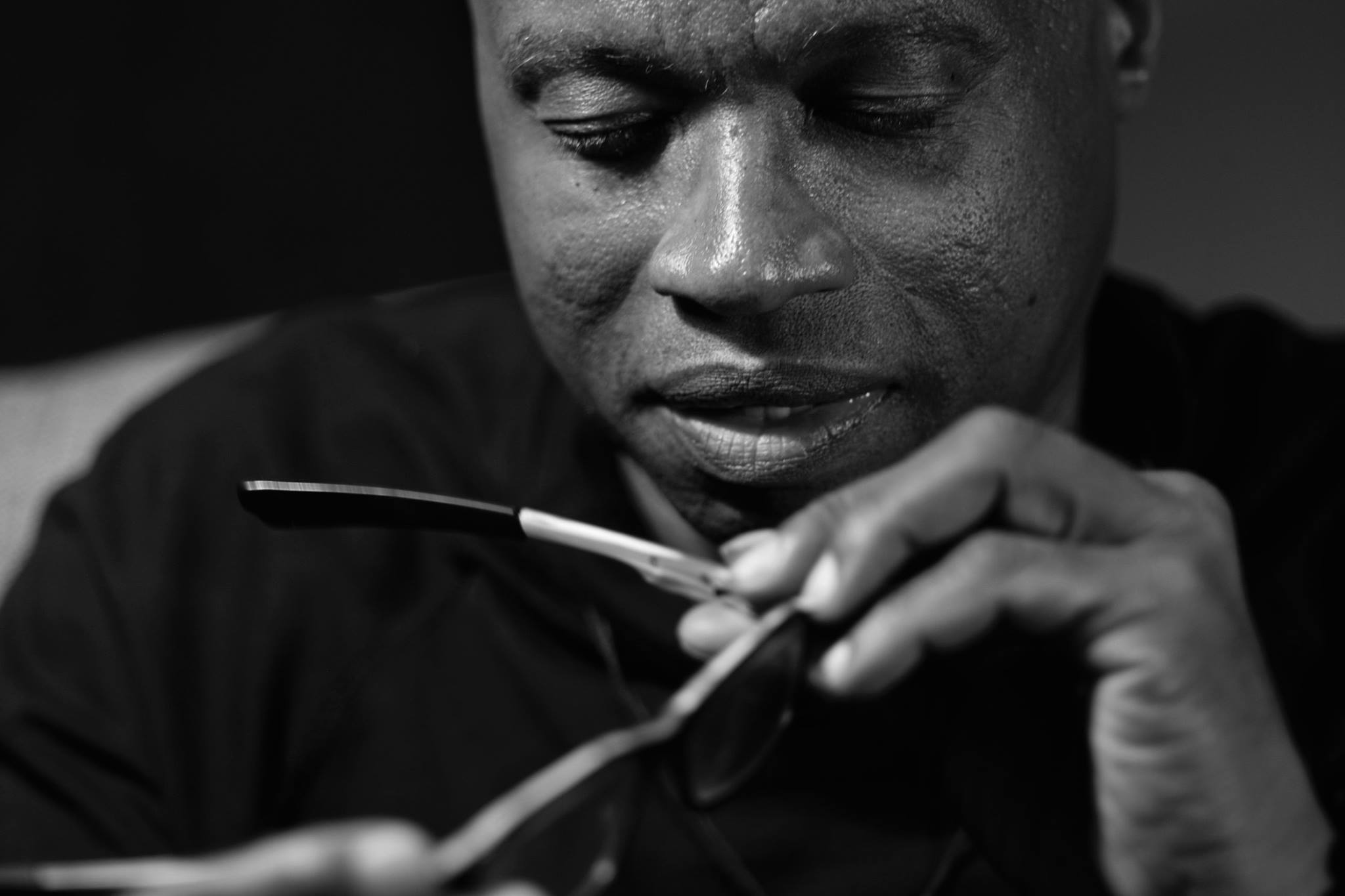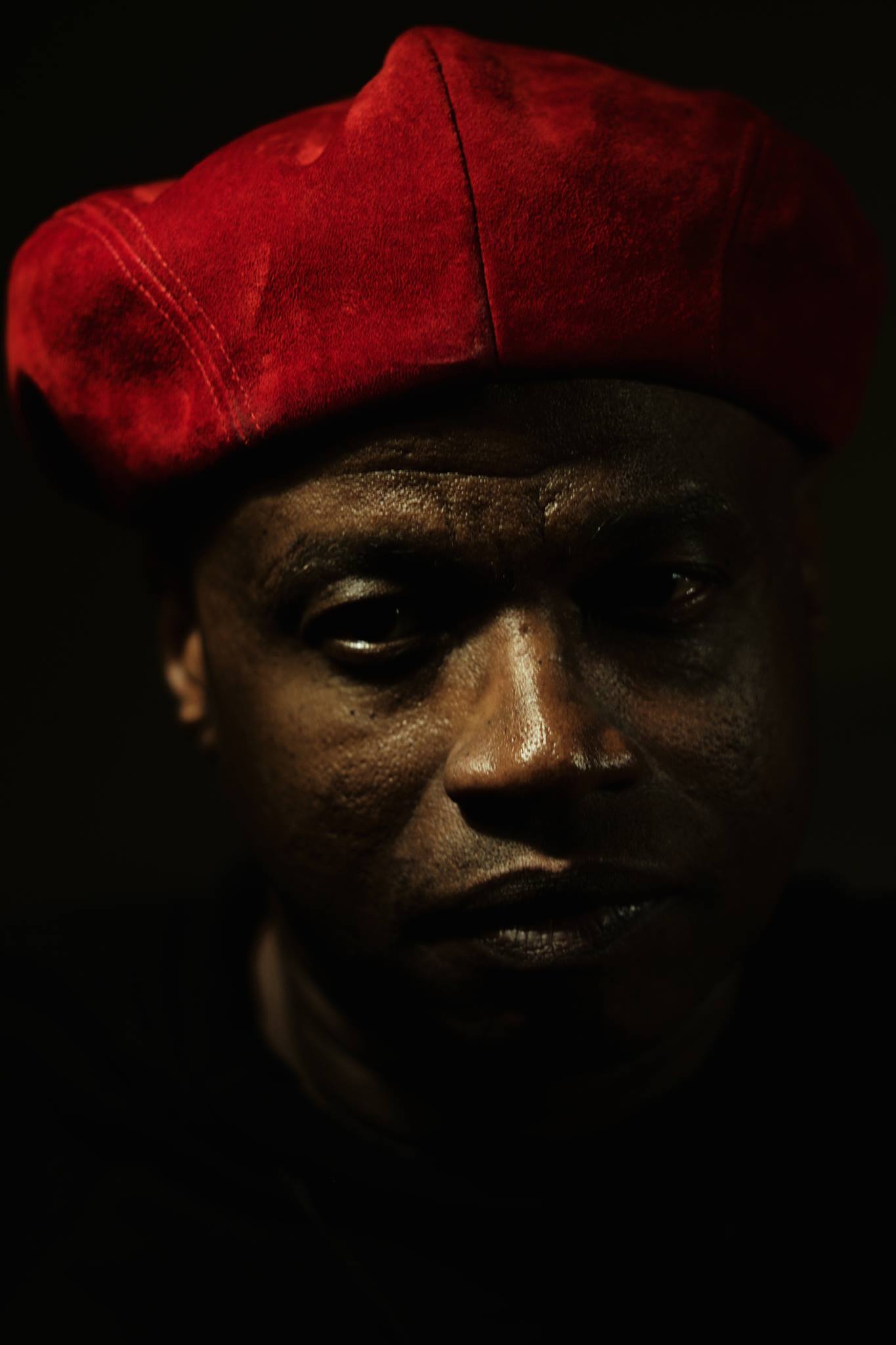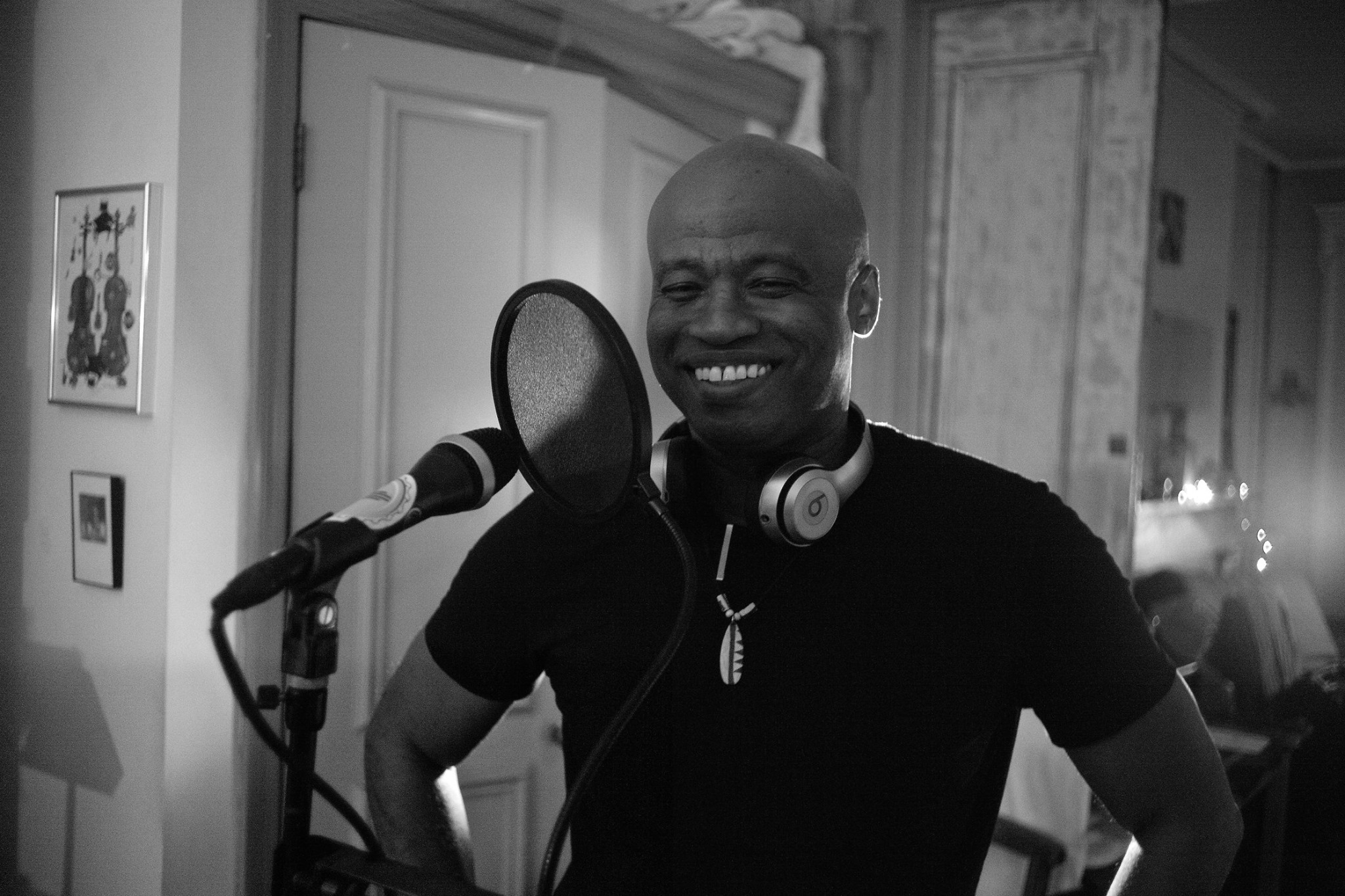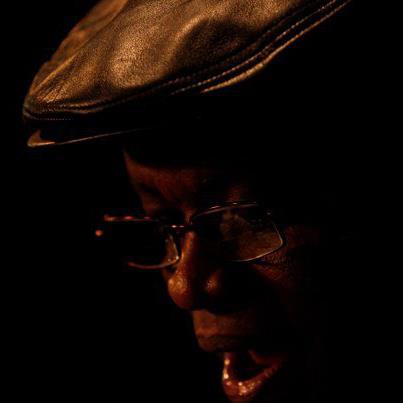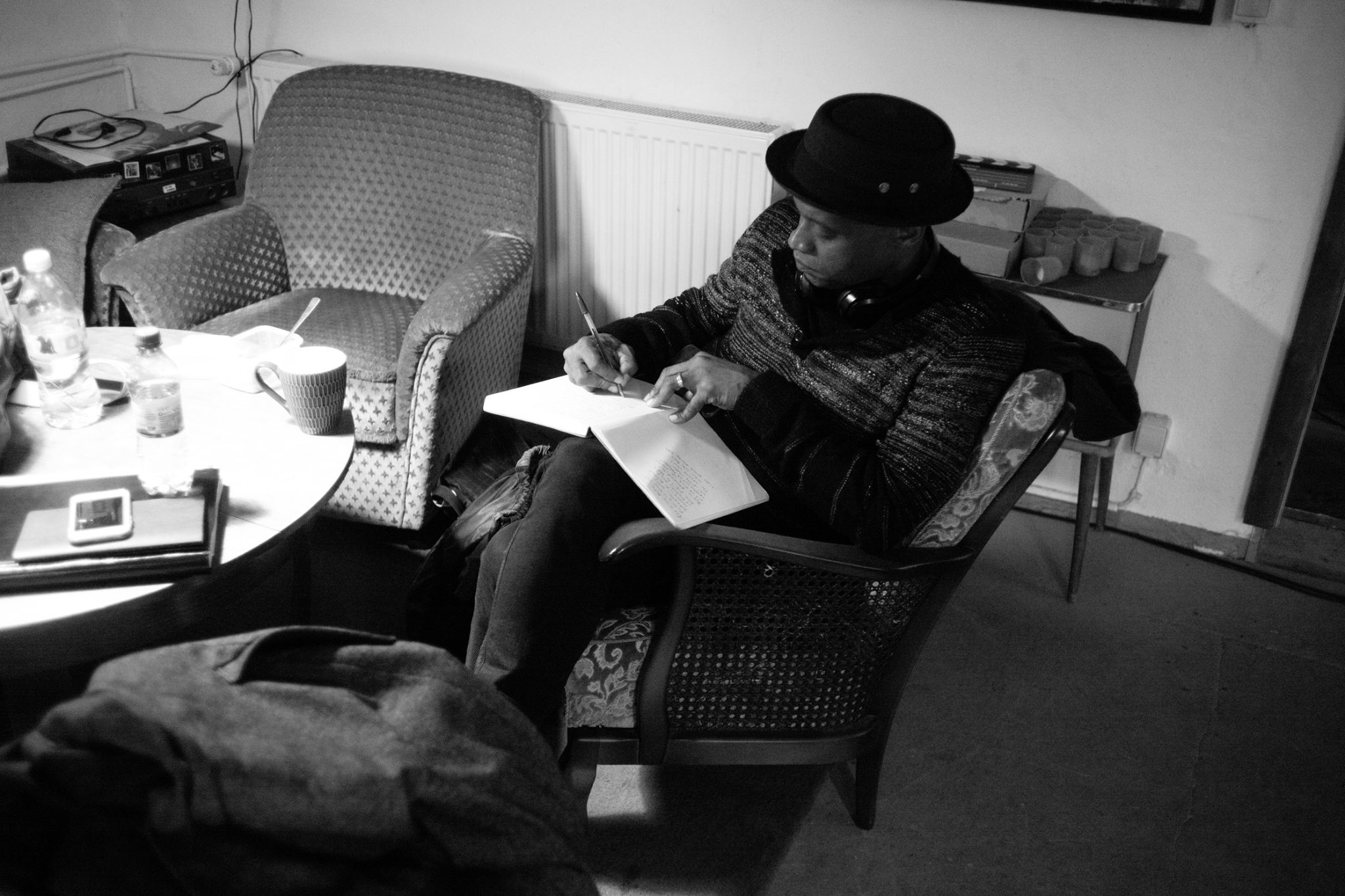Randall Horton past honors include the Bea Gonzalez Poetry Award, a National Endowment of the Arts Fellowship in Literature, and most recently GLCA New Writers Award for Creative Nonfiction for Hook: A Memoir, published by Augury Books/ Brooklyn Art Press. His previous work include poetry collections: The Definition of Place, The Lingua France of Ninth Street, both with Main Street Rag and Pitch Dark Anarchy (Triquarterly/Northwestern University Press). His latest collection of poetry will be published by the University of Kentucky Press in 2020. Horton is an Associate Professor of English at the University of New Haven. He is a Cave Canem Fellow and a member of The Affrilachian Poets. He is also a member of the experimental performance group Heroes Are Gang Leaders which recently received the 2018 American Book Award in Oral Literature. Originally from Birmingham, Alabama, he now resides in New Jersey.
Hook: A Memoir (Recipient of the GLCA Award for Creative Nonfiction)
The 2017 Great Lakes College Association winner for Creative non-fiction is Randall Horton, Hook, published by Augury Books.
The GLCA Judges Note:
Randall Horton's memoir, Hook, is an intriguing modern take on a classic American tale of self-reinvention, as in Horatio Alger's nineteenth-century rags-to-riches stories. Horatio Alger's heroes never become international drug lords and cocaine smugglers, though. Also they never go to jail, exploit prostitutes, or critique paradigms of race and governance in their journal. But, like Horton, they do end up thriving in the very structures that once made them feel marginalized. Randall Horton delivers careful, roughhewn, poetically-charged language at the service of a memoir that runs against the grain of a typical "recovery" narrative. What results is searing commentary, social critique under the guise of a memoir within a memoir. Because his life has been truly intersectional: from college student to homeless drug addict to international cocaine smuggler to inmate and finally college professor, this text has the potential to speak to people for generations. Through a bravado performance of structure and sentence, Horton gives his readers an unsentimental and important view into how a person works to rebuild after a downward spiral, showcasing how literature can be part of that recovery

